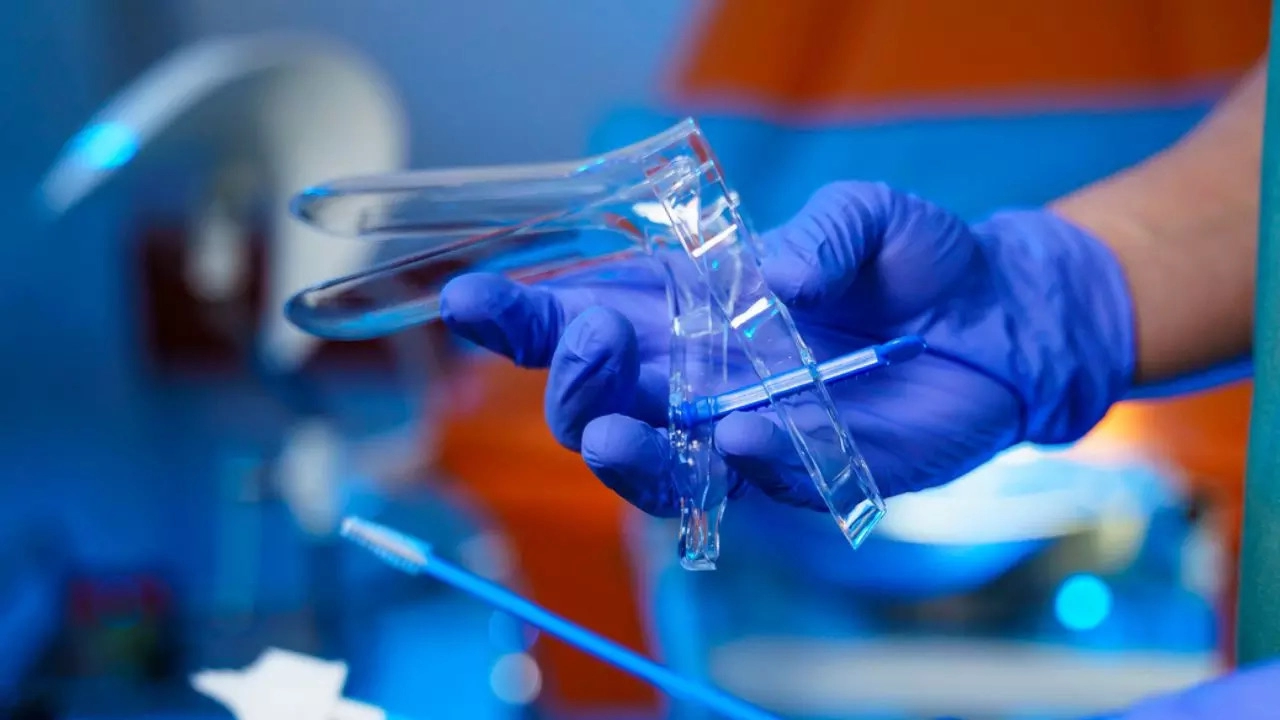Akanksha Arora • 06 Oct 2024
Why Is It Important For Women To Get Pap Smear Testing Done After A Certain Age? Expert Weighs In

Why Is It Important For Women To Get Pap Smear Testing Done After A Certain Age? Expert Weighs In. (Image: iStock)
A pap smear is a gold standard test when it comes to preventing cervical cancer. However, a large number of women are unaware of Pap smear and fail to take the test. Not many know but gynecological cancers are one of the causes of higher morbidity and mortality in women and are often overlooked. Times Now Digital spoke to Dr Sucheta Parte, Consultant - Obstetrician and Gynecologist about how important pap smear tests are when it comes to detecting gynecological cancers and improving the survival rates of patients.
She explained that gynecological cancer starts in a woman's reproductive organs including cervix, ovaries, uterus, vagina, and vulva. Cervical, endometrial, ovarian, uterine, vaginal, and vulvar cancer are some of the types of cancer that are commonly seen in a large number of women. The common symptoms of gynecological cancers are abnormal vaginal bleeding or discharge, pelvic pain, frequent urination, and constipation which are often missed by women due to the lack of awareness regarding these cancers. Moreover, the risk factors for these types of cancers are having a family history, obesity, age, and HPV. Though, regular Pap smear tests will help to prevent these cancers.
The Importance Of Pap Smear Tests For Detecting Gynecological Cancers
Regular pap smear tests will help in timely detection of gynecological cancers, particularly cervical cancer before it even spreads further. By screening for abnormal cells in the cervix, pap smear not only helps identify precancerous changes but is also a proactive measure for women's health. Detecting these abnormalities early can allow women to seek timely and successful treatment which will further help to improve the survival rates. Hence, pap smear will help to reduce mortality in women having cervical cancer.Even though pap smears are associated with cervical cancer, they can help women to know more about their gynecological health. These tests often encourage women to consult their experts and address issues that are linked to other reproductive organs.
Pap smears are safe and effective when it comes to detecting cervical cancer and lead to better outcomes.
In addition to Pap smears, HPV DNA testing has become a cornerstone of gynecological cancer prevention. This advanced technique detects the presence of human papillomavirus (HPV), a sexually transmitted infection that can lead to cervical, vaginal, vulvar, and anal cancers. HPV DNA testing not only detects the presence of high-risk HPV types associated with cervical cancer but also identifies low-risk HPV types that can cause genital warts. This broader detection capability makes HPV DNA testing a valuable tool for comprehensive screening and prevention of HPV-related diseases.This proactive approach empowers individuals to take preventive measures and seek timely treatment, ultimately improving outcomes and reducing the burden of gynecological cancers. For those with a higher genetic risk, more frequent screenings can lead to earlier diagnosis and improved treatment outcomes. Additionally, DNA testing can inform lifestyle, changes or preventive measures to reduce the risk of cancer development.
Gynecological cancers are distressing for women as they can wreak havoc on a woman’s physical and mental well-being. One has to make informed choices by opting for regular Pap smears as early detection through routine screenings is a powerful tool in the battle against these notorious cancers. Every woman should go for a Pap smear after 22 after every 2-3 years. Older women after 50 should get it done after every 5 years. Women must follow the instructions given by the expert when it comes to taking Pap smears.
Get Latest News Live on Times Now along with Breaking News and Top Headlines from Health and around the world.